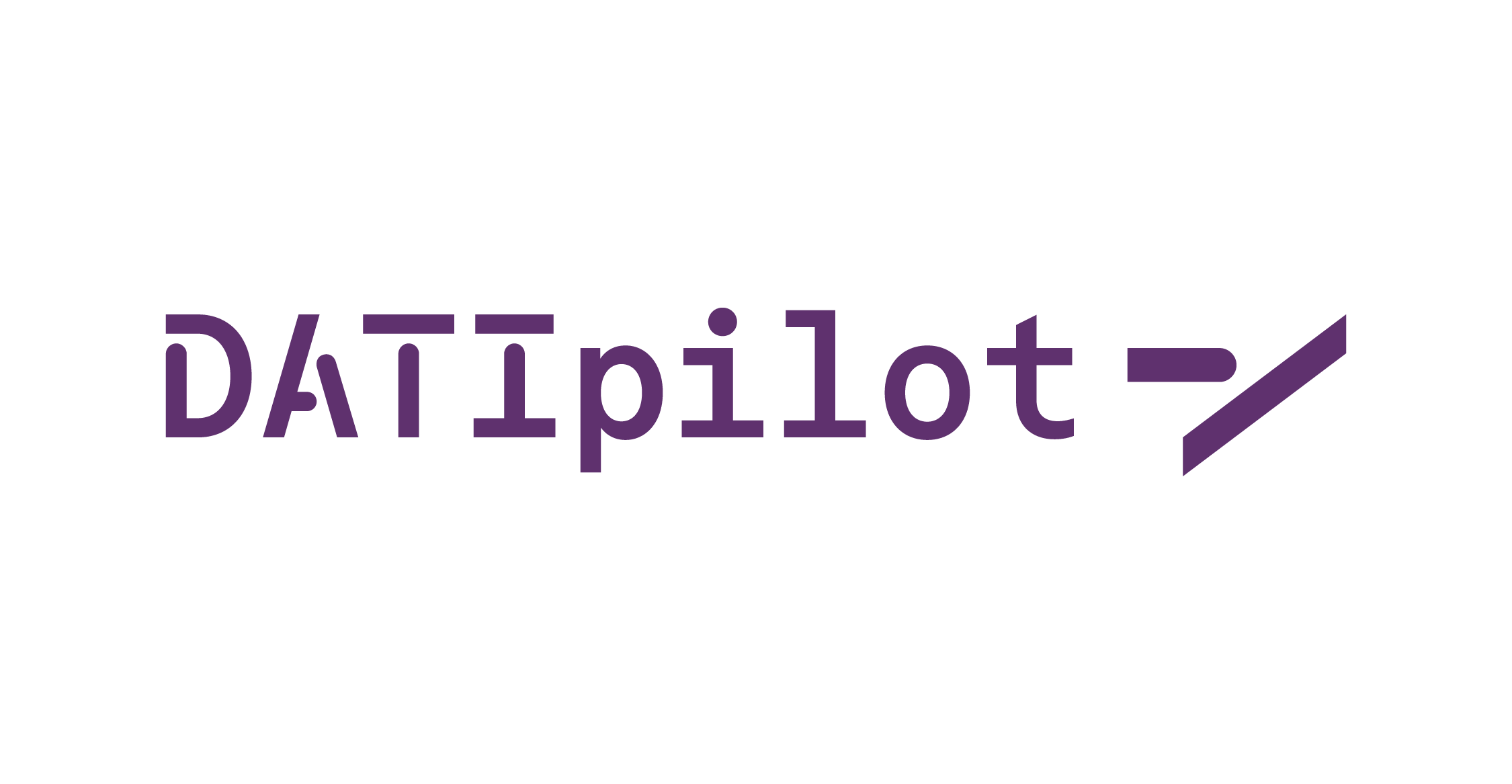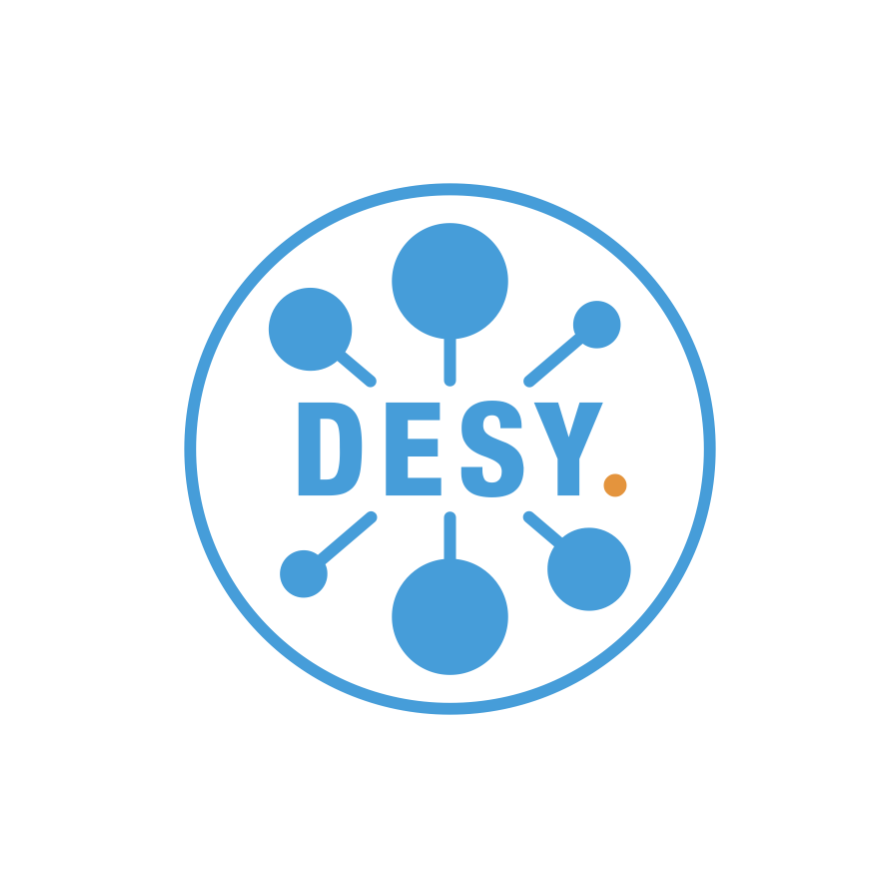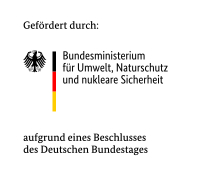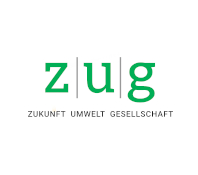The project Ko-op Dienstplan (“Co-operative Duty Rostering”) is funded by the BMBF from 01 September 2024 to 31 December 2025.
Based on an innovative mathematical model and in close cooperation with a partner clinic (Klinikum St. Elisabeth Straubing), the project develops a prototype of flexibly adaptable software for automated duty rostering for physicians in hospitals. The new format of co-creating the software with a clinic is the first time that the different requirements of different hospital departments have been mapped, which previously prevented the development of practice-ready, widely applicable planning software. In addition, the physicians’ preferences for duty rostering are systematically recorded and taken into account when creating the rosters. Steps completed at the end of the project to ensure successful transfer include (1) the detailed identification of the requirements of different hospital departments and the physicians’ preferences for good duty rosters and their implementation in the mathematical model, (2) the development of a prototype user interface for convenient adaptation of the mathematical model for use in different departments, and (3) practical testing of the resulting software prototype in selected departments of the partner clinic and evaluation by means of surveys. Thanks to its adaptability to the requirements of different departments, the developed software can replace the largely manual duty rostering of German hospitals with a flexible, digital system in the future. The project thus makes an important contribution to improving staff satisfaction and, in the long term, to eliminating the glaring shortage of physicians in German hospitals.
Partner
- Technical University of Munich – Professorship of Optimization and Sustainable Decision Making – Prof. Dr. Clemens Thielen
- Klinikum St. Elisabeth Straubing
Funded by


The project AmPaPro is funded by the Deutsche Forschungsgemeinschaft (DFG) from 01 March 2024 to 28 February 2027.
In parametric programming problems – which, in this project, subsume the classes of parametric linear and (mixed) integer programming problems as well as parametric combinatorial optimization problems – the objective function and/or the feasible set depend on one or several unknown parameters. The task then consists of solving the problem for each possible combination of parameter values. For most parametric programming problems, however, specifying an optimal solution for each combination of parameter values requires an enormous number of solutions. Consequently, these are usually very difficult to solve exactly and the applicability of exact solution algorithms is often severely limited. This particularly holds for multi-parametric problems, where several parameters are involved.
Hence, this project aims at developing efficient approximation methods for one- and multi-parametric programming problems that are applicable under weak assumptions and produce approximations with provably good approximation quality and small cardinality. In addition, the field of parametric programming will be widened by performing the first systematic investigation concerning problems with non-linear parameter dependencies and/or multiple objectives. Building on preliminary work (e.g., in project MultiApprox), general approximation methods for parametric programming problems will be designed and a rigorous structural theory of approximations of (multi-) parametric programming problems will be available upon completion of this project. Since parametric programming has numerous links to other fields such as non-parametric (discrete) optimization, multi-objective optimization, and sensitivity analysis, this will not only constitute an important advancement in the area of parametric programming, but also a significant contribution to the general state-of-the-art in mathematical programming.
Partners
- RPTU Kaiserslautern-Landau – Optimization Group – Prof. Dr. Stefan Ruzika
- Technical University of Munich – Professorship of Optimization and Sustainable Decision Making – Prof. Dr. Clemens Thielen
Funded by
Deutsche Forschungsgemeinschaft (DFG) - Project number 508981269

The project MOSinLine is funded by the BMBF from 15 March 2023 to 31 March 2026.
In order to achieve full shelves with low logistics costs and a positive eco-balance in food retailing, uncertainties of daily demand and future sales shifts (e.g., growing online trade) must be integrated as best as possible into forward-looking planning of delivery networks. Network planning faces a dilemma here. High availability of goods increases sales. However, this inevitably leads to increased transportation of goods as well as overstocking, which in turn represents a significant environmental impact, as about one-third of the food produced worldwide is not consumed. Preventing this food waste would reduce global greenhouse gas emissions by 6 percent.
Optimized delivery networks in food retailing thus play a central role in achieving climate goals, but require end-to-end optimization across temporal planning levels (strategic, tactical, operational) with explicit consideration of uncertainty. In the MOSinLine project, efficient algorithms for modeling, simulation and optimization are developed to enable sustainable supply networks with demand-driven supply planning. Environmental and climate impacts are explicitly addressed by minimizing greenhouse gas emissions and food waste. Demand uncertainty and interactions between planning levels are mapped using innovative robust optimization models and algorithms, and new models and heuristics for delivery frequency planning are developed. The resulting supply network is evaluated by means of a simulation and iteratively re-optimized based on the simulation results. Thus, novel, practically applicable mathematical models are developed, linked to an innovative simulation-based optimization procedure, evaluated in practice using real data, and made usable for industrial applications.
Partners
- Technical University Munich – Chair of Supply and Value Chain Management – Prof. Dr. Alexander Hübner
- Technical University Munich – Professorship of Optimization and Sustainable Decision Making – Prof. Dr. Clemens Thielen
- WITRON Logistik + Informatik GmbH
Funded by


The scientific network InPlan-CARE is funded by the Deutsche Forschungsgemeinschaft (DFG) from 01 March 2021 to 28 February 2025.
A well-performing health care system is one of the most important factors for the prosperity and well-being of a society. In that context, hospitals serve as one of the key providers of health care services. Efficient service provision and, thereby, high-quality health care requires the necessary resources such as personnel and beds to be dimensioned correctly and to be available in the right place at the right time. Typically, resource-related planning problems are treated separately for each resource without integrated planning across several resources. This leads to globally sub-optimal decisions and unused potential for high quality health care services. Moreover, these problems are often dealt with by clinical staff who are not trained for this kind of complex decisions. This reduces their available time for patient treatment and care.
The DFG-funded scientific network InPlan-CARE aims to develop a holistic view on integrated planning problems in health care, particularly identifying state-of-the art research and analyzing the complexity of existing problems in hospitals. Secondly, advanced quantitative methods to support decision making for integrated planning in hospitals will be developed. In collaboration with hospitals, these models will be thoroughly evaluated in order to assess their suitability for real life application. Finally, this network aims to generate awareness for the necessity of integrated planing among hospital practitioners and within the wider research community – especially strengthening interdisciplinary research. The scientific network connects junior researchers from Germany, Austria, Belgium, the Netherlands, Norway, and the United Kingdom. All of them have significant expertise in the area of health care management and quantitative planning. Specific research questions addressing the objectives of the project will be discussed during workshops and topic-specific meetings. Talks at national and international conferences and publications in peer-reviewed journals will ensure suitable dissemination of the obtained results.
Network Coordinators
- Prof. Dr. Christina Büsing (RWTH Aachen University)
- Dr. Sebastian Rachuba (University of Twente)
- Dr. Melanie Reuter-Oppermann (University of Twente)
- Prof. Dr. Clemens Thielen (Technical University Munich)
Further Network Members
- Ass.-Prof. Dr. Nikolaus Furian (Graz University of Technology)
- Tabea Brandt (RWTH Aachen University)
- Dr. Gréanne Leeftink (University of Twente)
- Prof. Dr. Markus Leitner (VU Amsterdam)
- Dr. Sean Manzi (University of Exeter Medical School)
- Dr. Fabian Schäfer (Technical University of Munich Campus Straubing)
- Dr. Jan Schoenfelder (University of Augsburg)
- Dr. Maartje van de Vrugt (Amsterdam UMC)
- Dr. Carla van Riet (KU Leuven)
- Dr. Joe Viana (BI Norwegian Business School)
- Clemens Wolff (KIT)
Associated Members
- Thomas Adams (University of Auckland)
- Prof. Dr. Christina Bartenschlager (Nuremberg Institute of Technology)
Funded by

The project MultiApprox is funded by the Deutsche Forschungsgemeinschaft (DFG) from 01 June 2018 to 31 August 2021.
In many optimization problems, several incommensurable objective functions are to be optimized simultaneously. Such multicriteria optimization problems are based on optimality concepts that are induced by ordering relations. The predominant concept is the concept of Pareto optimality, which characterizes optimal solutions as minima (or maxima) with respect to the componentwise ordering. For many optimization problems, however, the set of Pareto-optimal solutions and the corresponding image set are very large and very difficult to compute exactly. Hence, this project aims at developing approximation methods for multicriteria optimization problems that
- are applicable under weak assumptions,
- yield a provably good approximation quality, and
- possess a provable worst-case running time.
It is known that several of the existing methods for approximating multicriteria minimization problems cannot be transferred to maximization problems. Minimization and maximization problems require substantially different techniques. Additionally, the concept of Pareto optimality implies a significant difference in the level of difficulty between bicriteria problems and general multicriteria optimization problems. The structure of the project takes these findings into account and distinguishes between minimization and maximization problems as well as between problems with two and problems with more than two objective functions.
Upon completion of this project, general approximation methods for these optimization problems will be ready to use. Moreover, the relationship among several single-criterion problems (belonging, e.g., to the fields of robust optimization, parametric optimization, or budget-constrained optimization) and related multicriteria problems will be studied and better understood. Thus, on the one hand, we aim at developing a “provably good” alternative to the current exact and heuristic methods for multicriteria optimization problems and, on the other hand, we intend to contribute significantly to the state-of-the-art in the theory of mathematical programming.
Partners
- Technical University of Munich – Professorship of Optimization and Sustainable Decision Making – Prof. Dr. Clemens Thielen
- RPTU Kaiserslautern-Landau – Optimization Group – Prof. Dr. Stefan Ruzika
Funded By

The project AKUT was funded by the BMU from 01 January 2019 to 28 February 2021.
Motivation
As a result of climate change, heavy rains are increasing in frequency and intensity. Regionally limited exceptional heavy rain events, as frequently observed in recent years, can hit all regions in Germany. For technical and economic reasons, municipal drainage systems cannot be designed to handle such exceptional rainfall events.
The flood safety of municipal drainage systems during heavy rainfall is, in view of the high level of damage, one of the central challenges faced by urban drainage systems. In order to protect against heavy rain-induced flooding, neither the introduction of design surcharges nor the enlargement of existing channel nominal sizes makes sense. Instead, flood prevention adapted to the site-specific requirements is required as part of municipal heavy rain risk management.
Due to the complexity of the task, an interdisciplinary cooperation of various municipal actors at different levels is required (political-administrative level, municipal planning level, object-related level). An essential prerequisite for this is the development of a cross-departmental and stakeholder understanding of problems for the “municipal joint task of flood prevention”. For the individual actors, there is still no willingness to coordinate the respective competing action goals, to overcome conflicting goals. and to subordinate oneself to an optimized overall solution process. In particular, there are no actor-related motivations and incentives to ensure the effectiveness of the measures.
Goals
The aim of the project AKUT is to carry out an extensive analysis of the actors involved in the “municipal joint task of flood prevention” in order to gain a better knowledge of the interests, roles, and spheres of influence of the individual actors and to describe their mutual influences and dependencies. Based on this, a flexible, situation-dependent optimization and incentive system for the calculation and implementation of optimized overall solutions for municipal flood prevention is developed. The developed methodology is then implemented in the form of a decision support tool and linked to existing software solutions. The resulting decision support tool is, thus, applicable to different municipalities or threat scenarios and provides support both in identifying appropriate precautionary measures and in selecting appropriate incentives to ensure their implementation by the various actors.
Further Information
Further information about the project can be found on the project website at Mainz University of Applied Sciences.
Partners
- Technical University Munich – Professorship of Optimization and Sustainable Decision Making – Prof. Dr. Clemens Thielen
- Mainz University of Applied Sciences – Professorship of Water Resource Management and Sanitary Environmental Engineering – Prof. Dr.-Ing. Inka Kaufmann-Alves
- igr AG Rockenhausen
- Association of Municipalities Enkenbach-Alsenborn
Funded by

